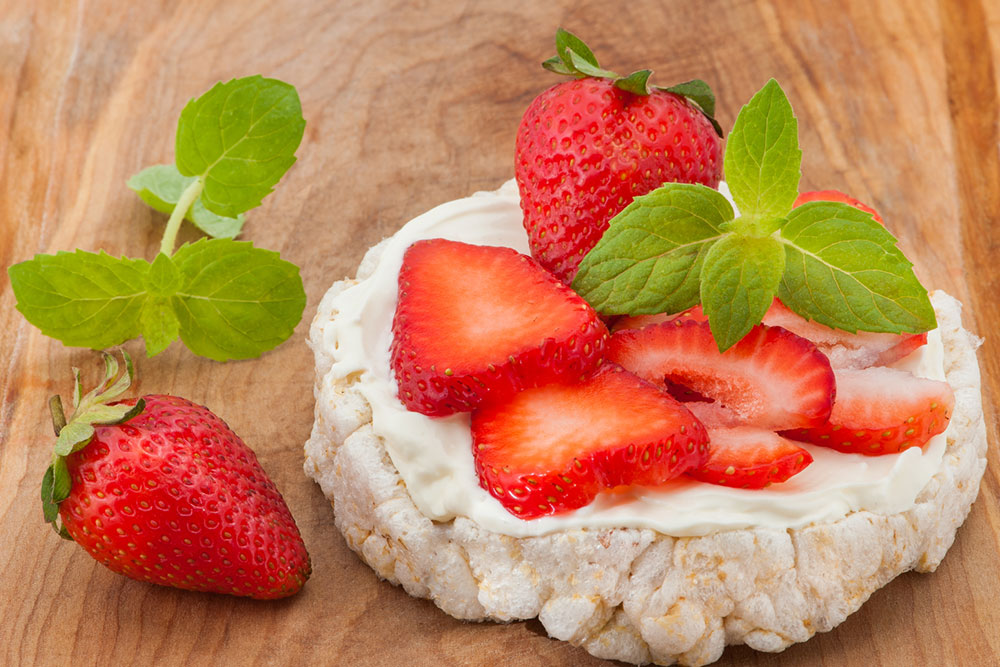Comprehensive Dietary Approaches to Effectively Manage and Alleviate Diarrhea
This comprehensive guide offers effective dietary strategies to manage and relieve diarrhea. It highlights foods that support recovery, such as bananas, rice, and yogurt, while advising on foods to avoid. Proper hydration, lifestyle tips, and when to seek medical help are also discussed, making it essential for anyone experiencing digestive issues. With detailed insights, this article aims to help readers understand how nutrition can speed up recovery and ensure better digestive health.

Effective Dietary Strategies for Relieving and Managing Diarrhea Naturally
Understanding the importance of daily nutrition is crucial when it comes to maintaining digestive health and preventing issues like diarrhea. Eating the wrong foods or overeating can easily upset your stomach, leading to discomfort and potentially more serious conditions. Certain foods can be particularly hard to digest or may irritate your gastrointestinal tract, thus triggering episodes of diarrhea. Conversely, choosing the right foods can soothe your stomach, replenish lost nutrients, and promote quicker recovery. In this extended guide, we will explore the most effective dietary tips to combat diarrhea, including what foods to incorporate, what to avoid, and additional lifestyle tips to support your digestive health.
If you experience occasional diarrhea, often associated with minor dietary indiscretions or temporary infections, it’s usually not a cause for major concern. However, persistent or severe diarrhea, especially if linked to food poisoning or gastrointestinal infections, requires prompt medical evaluation. Proper nutrition during these episodes can play a significant role in recovery and preventing dehydration, which is a common complication during diarrhea.
Managing diarrhea through diet involves understanding which foods support your recovery and which may worsen your symptoms. During episodes of diarrhea, your goal is to restore fluid balance, replenish lost electrolytes, ease bowel movements, and gently support your digestive system. Here are some of the most recommended foods and advices for managing diarrhea effectively:
Bananas
Bananas are among the best foods for diarrhea because they are soft, easy to digest, and rich in potassium, which helps replenish electrolytes lost through frequent bowel movements. Consuming ripe bananas can help restore gut health and reduce cramping. Their natural sugars provide a quick energy source, making them ideal during recovery.
Mashed Potatoes
Plain mashed potatoes without added butter or creamy sauces are gentle on the stomach. They are high in potassium and provide complex carbohydrates that help firm up stool. Make sure to peel and cook the potatoes thoroughly to make them easily digestible. Avoid spicy or greasy additions to prevent irritations.
Plain White Rice
White rice is a cornerstone in the BRAT diet (Bananas, Rice, Applesauce, Toast) recommended for diarrhea. It gives a bland, easy-to-digest source of carbohydrates that can help slow down stool frequency and bulk up your stool. For added flavor and comfort, cook it with chicken broth but avoid strong spices or oily ingredients.
White Bread or Pasta
Products made from refined white flour are low in fiber, making them easier to digest during gastrointestinal distress. Simple toast or plain pasta can serve as a base for gentle meals, aiding in gastrointestinal recovery and providing necessary calories.
Yogurt
Despite dairy generally being limited during diarrhea, probiotic-rich yogurt can support gut flora restoration. Look for plain, unsweetened yogurt with live active cultures, which can help restore healthy bacteria and improve digestion. Avoid flavored or sugar-laden varieties during recovery phases.
Oatmeal
Oatmeal provides soluble fiber which can help thicken stool and promote regularity. Prepare it plain, without added sugars, to maintain its gentle effect on your stomach. It also provides a soothing, nourishing meal option that can help replenish nutrients.
Cooked Vegetables
Once diarrhea subsides, cooked vegetables like carrots, zucchinis, or green beans are suitable choices. Always peel and seed vegetables before cooking to reduce fiber content and potential irritants. Raw vegetables might be too harsh on inflamed digestive tracts during episodes of diarrhea, so it's best to avoid them until recovery.
While most diarrhea episodes resolve within a few days, persistent or severe cases require professional medical attention. Hydration remains a priority—drink plenty of fluids such as oral rehydration solutions, broths, or water infused with electrolytes to prevent dehydration. Combining proper dietary choices with appropriate medication prescribed by healthcare professionals can significantly speed up recovery, restore nutritional balance, and help you return to your normal routine.
In addition to dietary management, adopting healthy lifestyle practices such as avoiding irritant foods, maintaining good hygiene, and managing stress can contribute to better gastrointestinal health overall. Always listen to your body, and if symptoms persist beyond a few days or worsen, seek medical consultation promptly.





